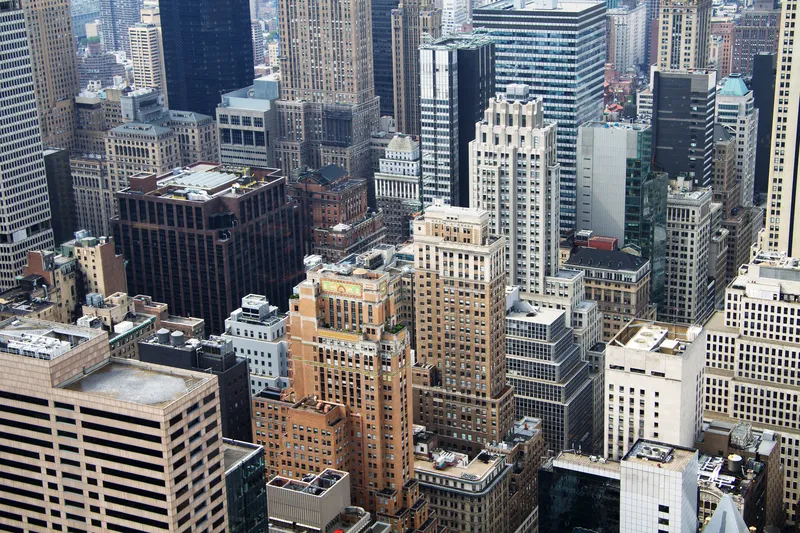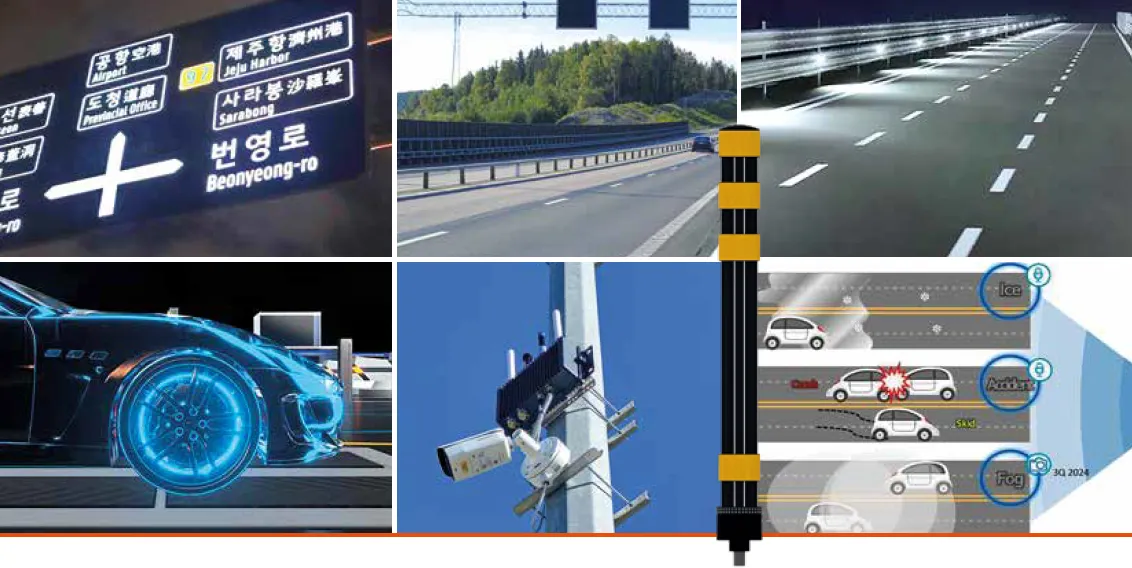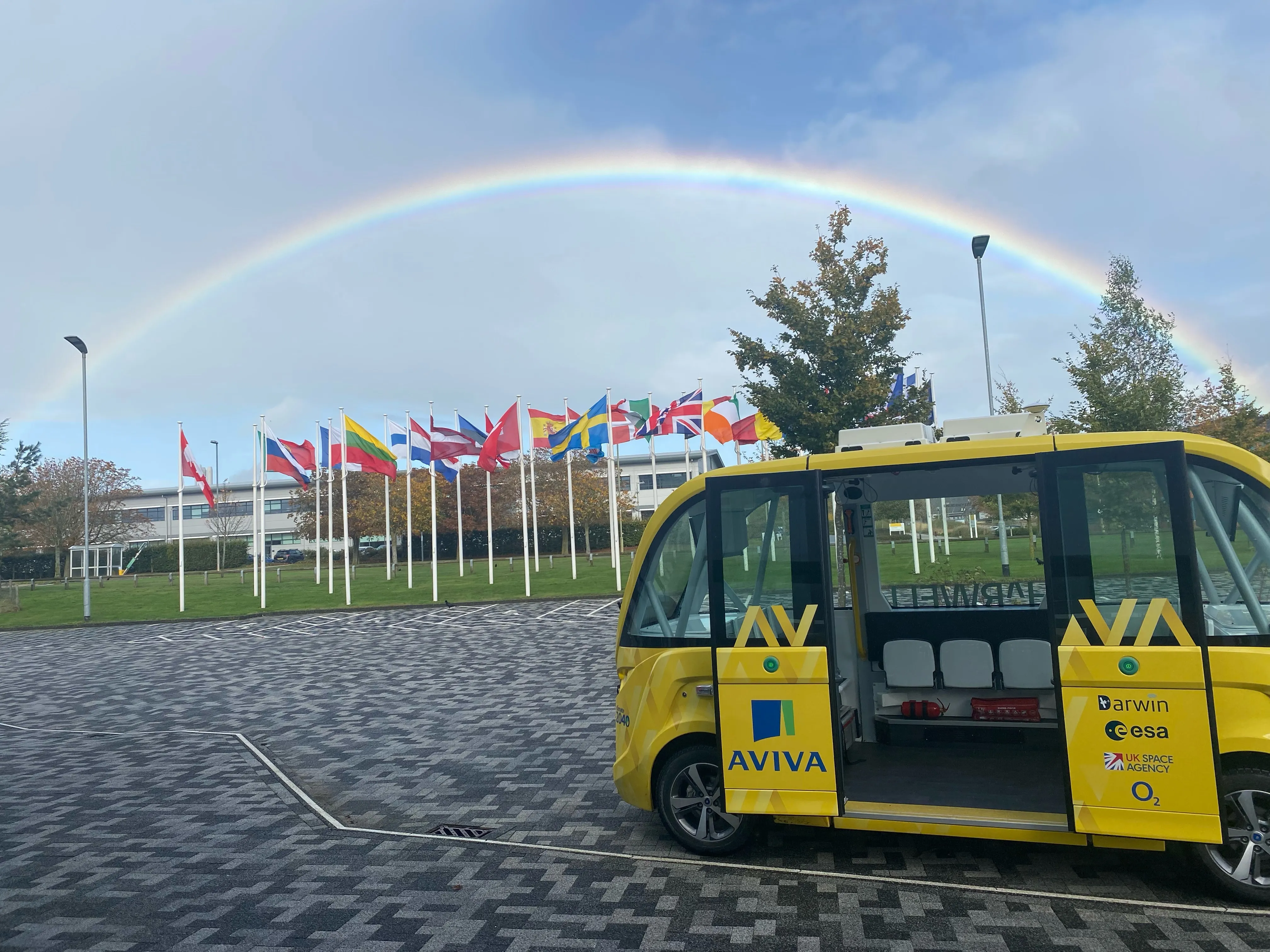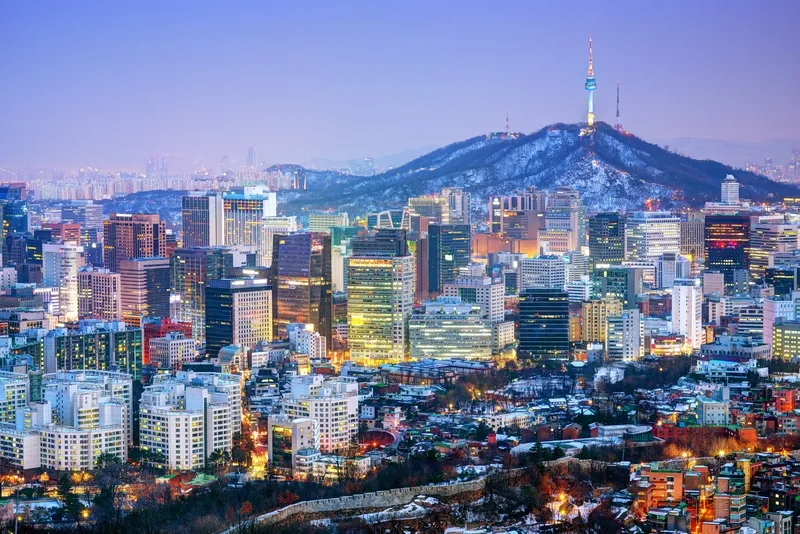
The World Economic Forum has released the first iteration of a toolbox that contains more than 200 solutions to help cities accelerate decarbonisation.
The Toolbox of Solutions – designed in collaboration with Accenture – is expected to help city leaders, national governments and businesses evaluate and identify solutions for near-term implementation.
The forum says the toolbox draws on input and case studies from more than 110 cities, businesses, academics and civil society leaders to capture best practices and case studies for urban transformation and decarbonisation.
The solutions include policy, business and finance models that result in reduced emissions and other outcomes such as improved air quality. They are also tailored to specific city attributes, including the electricity grid’s health, local population density and income level.
Kristen Panerali, head of energy, materials and infrastructure programme, net-zero carbon cities at the World Economic Forum, says: “Decarbonisation solutions already exist – we don’t need to wait for the next big innovation. This platform provides examples of policies and business models that have been used successfully around the world. We are starting with 200 solutions and expect to have many more over the course of the next year.”
Accenture CEO Jean-Marc Ollagnier says: “Urban ecosystems are pivotal in our global journey to net zero, driven by clean and smart electrification. These sustainability initiatives can help accelerate efforts to address climate change with practical and integrated energy solutions for urban transformation for cities of any size around the world.”
The toolbox is part of the forum’s Net-Zero Carbon Cities programme, which brings together businesses with city, regional and national government leaders to accelerate urban transitions to a net-zero future.
The programme's objective is to align efforts across businesses, cities and national-level governments to deliver urban ecosystems that are sustainable. It also seeks to enable a transition towards clean electrification using integrated energy solutions to address mobility.










